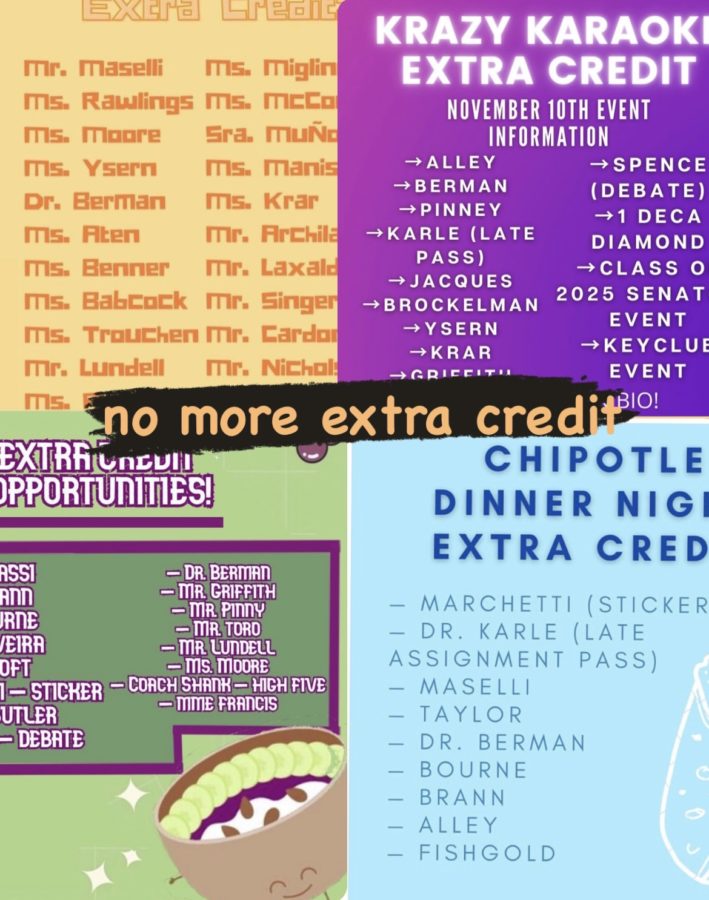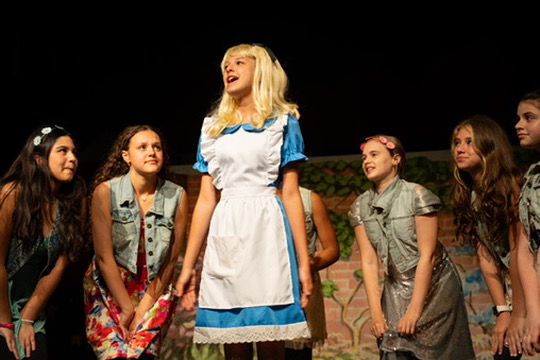No More Extra Credit For Dinner Nights
Clubs are no longer allowed to provide extra credit in exchange for dinner night participation.
“I clearly said in our last faculty meeting that we’re going to pause right now because I’m going to ask our teachers to come together as a committee and think about different ways that we can do this. Extra credit is not the answer,” said Springer. He believes it’s not appropriate and not academically aligned for a student to get extra credit for going to dinner.
According to Springer, one of the main reasons for this is it not being fair for those who can’t afford to go, since on some dinner nights you had to spend a certain amount of money to be eligible. There’s also a lot of students that can’t drive.
“When it comes to having to go to a certain location–that might not be reachable for every student–it’s inequitable for them and some don’t have the chance to get the extra credit because they can’t afford to go to all these dinner nights. I’m not okay with that across the board which was shared with your teachers in our meeting,” said Springer.
What could clubs and classes do to recover from this? Springer says “when it comes to clubs doing things the motivating factor shouldn’t be for someone to get extra credit for it to be a success. Clubs or classes should put on fundraisers where they actually have to work to do something instead of just having people show up at a restaurant.”
Springer wants the students to be more creative and do fundraisers that are approved here like after school snacks or sales. “Believe it or not, dinner nights do not make a lot of money like most people think they do. At best it’s like $150 a night. Why not have a carwash? But that goes back to the problem: nobody wants to put in the effort; they just want to talk to a restaurant and get people to show up,” said Springer.
Many clubs and students have been wondering if extra credit could possibly come back in any way or at some point. “Not in the same way it is now. It makes some teachers uncomfortable, it puts them in uncomfortable situations because there’s peer pressure with the adults in this building,” said Springer.
According to Springer, some club expenses are covered from the administrative budget. “We pay for buses and also dinners sometimes and help with what the actual cost would be. For example, let’s say something is $2,000. I’ll look at our budget and we’ll usually pay half of that, and then pass along the rest of the cost to the students because there has to be a reasonable amount of money paid for by the students too. Some teachers tell you that happens while others don’t and that’s the unfortunate part of it,” said Springer.

Annye Calderon is a junior. She's also a senator for her class and plays soccer. In her free time, she enjoys painting and going to the beach with her...

Annye Calderon is a junior. She's also a senator for her class and plays soccer. In her free time, she enjoys painting and going to the beach with her...






